The Most Controversial Baseball Stars Of All Time
Baseball’s long history has blessed its fan with no shortage of memorable moments on and off the field, with heroes and villains alike forming the fabric of America’s pastime.
While the ’90s and early 2000s brought a bumper crop of controversial baseball stars, the history of villainous ballplayers goes back more than a century. These stars dominated on the field, but attracted the ire of fans for some of their more scandalous activities.
Pete Rose
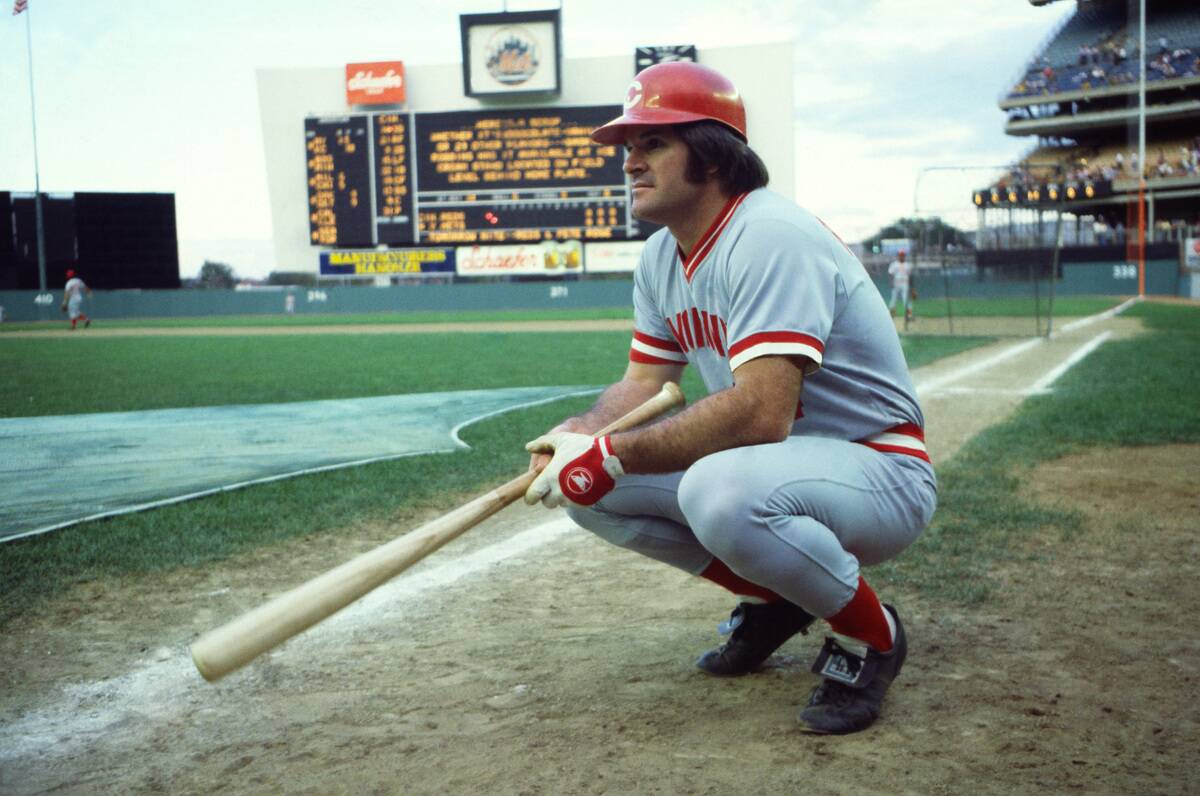
Exhibit A in the category of baseball legends who became villains, the late Pete Rose is MLB’s all-time hits leader with 4,256 — and yet, he’s been blacklisted from Hall of Fame induction and was banned from baseball altogether.
The reason for this had nothing to do with Rose’s on-field performance, which was consistently excellent. Instead, in 1989, a lengthy MLB investigation revealed that Rose had bet on baseball games, including games he managed. Rose initially denied the allegations, then acknowledged some of them. Despite this, he never showed enough remorse or contrition to be accepted back into the baseball establishment.
Barry Bonds
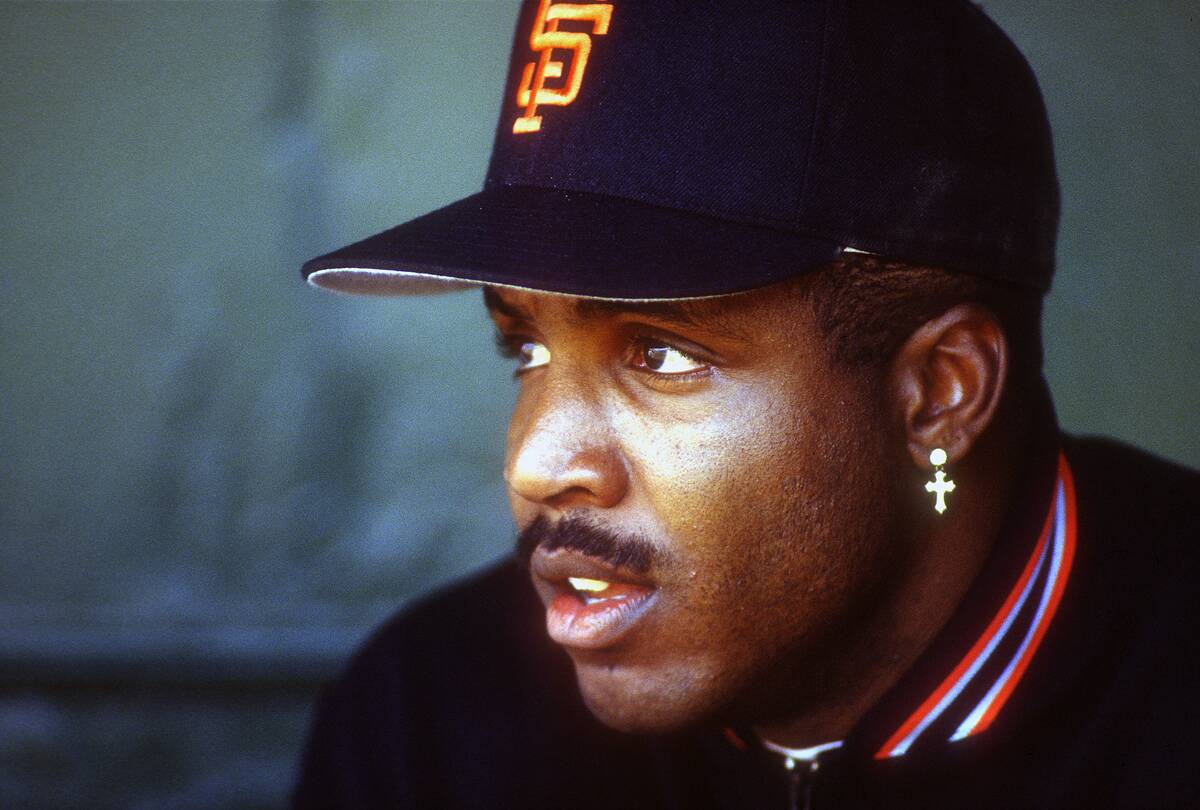
Baseball’s all-time hit king, Pete Rose, is persona non grata in Major League Baseball — and baseball’s all-time home run king, Barry Bonds, isn’t far off. Bonds smashed both the single-season and career records for home runs, but he’s been shut out of the Hall of Fame conversation ever since his retirement.
Bonds never tested positive for performance-enhancing substances, but he was a central figure in the BALCO steroids scandal. Over his career, Bonds transformed from a lanky speedster to a hulking power hitter, all but confirming the suspicions of many fans and baseball figureheads. An icy, adversarial relationship with the media throughout his career damaged his reputation even further.
Roger Clemens
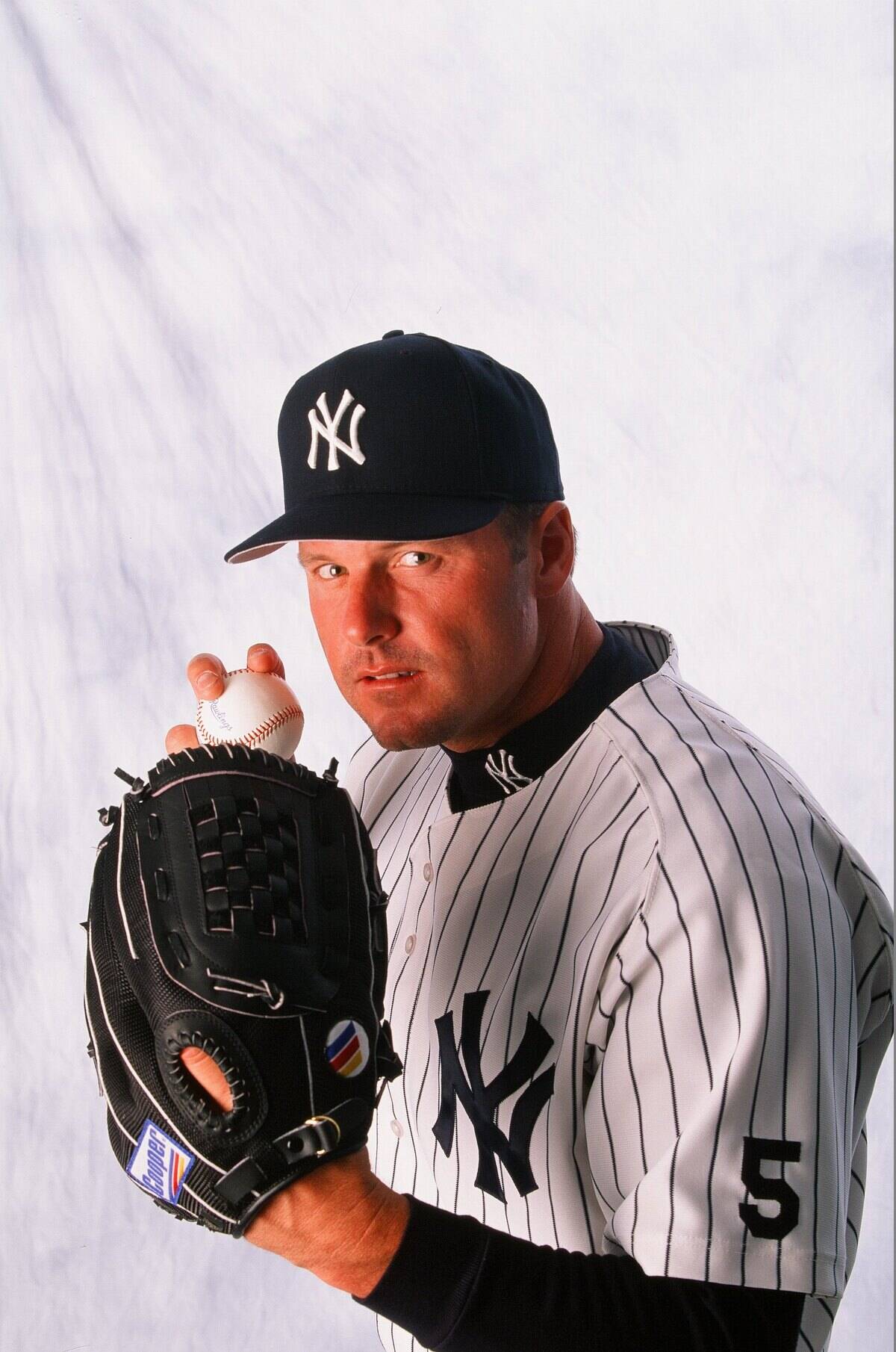
Roger Clemens racked up accolades that few pitchers can match: Seven Cy Young Awards, 11 All-Star appearances, and more than two decades of MLB dominance. However, Clemens was named in the 2007 Mitchell Report, which investigated the use of performance-enhancing substances in Major League Baseball.
Clemens denied the allegations and was later indicted for perjury (this resulted in his acquittal). Allegations that he’d had an affair with country star Mindy McCready while Clemens was married to another woman and McCready was potentially underage further impacted his legacy.
Jose Canseco
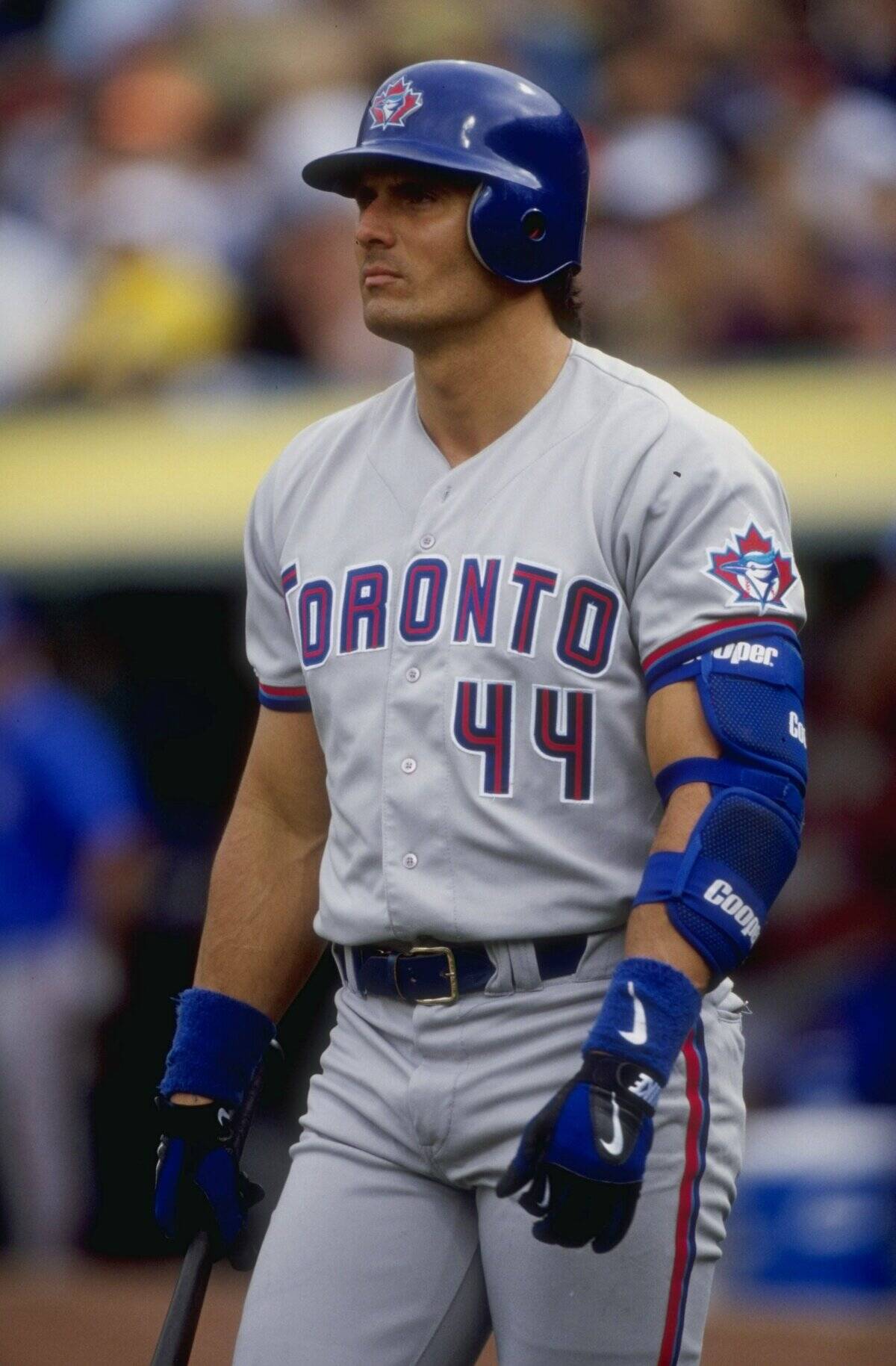
Jose Canseco was one of baseball’s most feared power hitters of the ’80s and ’90s, and in retirement, he became an outspoken figure thanks to his tell-all book in which he admitted to using performance enhancers, while also throwing other baseball stars under the bus.
Canseco’s book was initially dismissed by many as being over-sensationalized, but in time, many of his allegations were validated. As a whistleblower, Canseco became ostracized by the baseball establishment who viewed him as a self-serving opportunist.
Alex Rodriguez
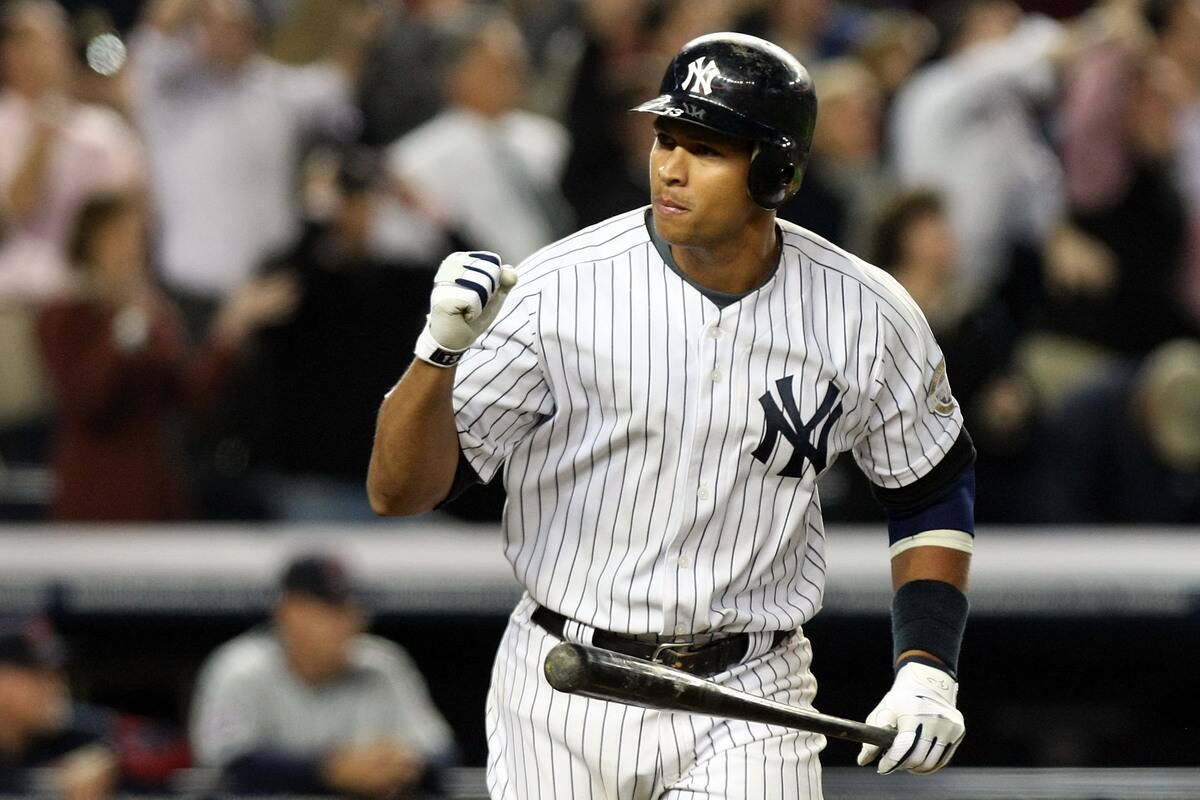
The man known as A-Rod burst onto the scene as a teenager in 1994 and was one of baseball’s top players through his career. But in 2009, he admitted to using performance-enhancing substances earlier in his career, and in 2013, he was linked to the controversial Biogenesis clinic in Florida.
His involvement with the clinic prompted Major League Baseball to suspend Rodriguez for the entire 2014 season for allegedly attempting to obstruct the investigation. This scandal, combined with the lukewarm reception he received from Yankees fans, tarnished his image. In recent years, though, Rodriguez has successfully reinvented himself as a TV analyst and business figure.
Ty Cobb
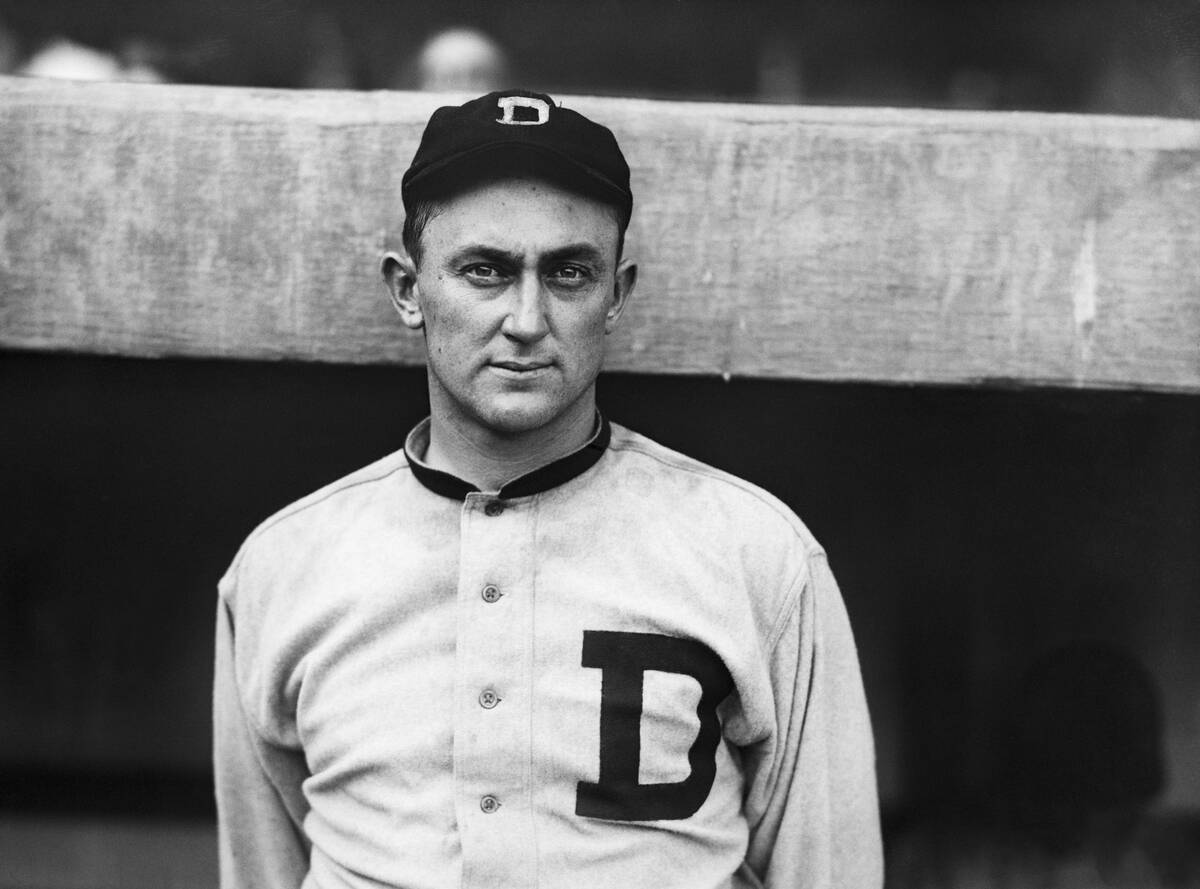
Ty Cobb retired in 1928 with a .366 career batting average, still the highest in MLB history. While there’s little doubt that he was one of the best baseball players ever, his legacy was clouded by allegations of racism, violence, and unsportsmanlike conduct.
Cobb was famous for spiking and deliberately injuring opponents, clashing with teammates, and displaying an abrasive personality. While many of these stories were likely dramatized by an early biographer, the image of Cobb as a prickly, problematic figure persists to this day.
Sammy Sosa
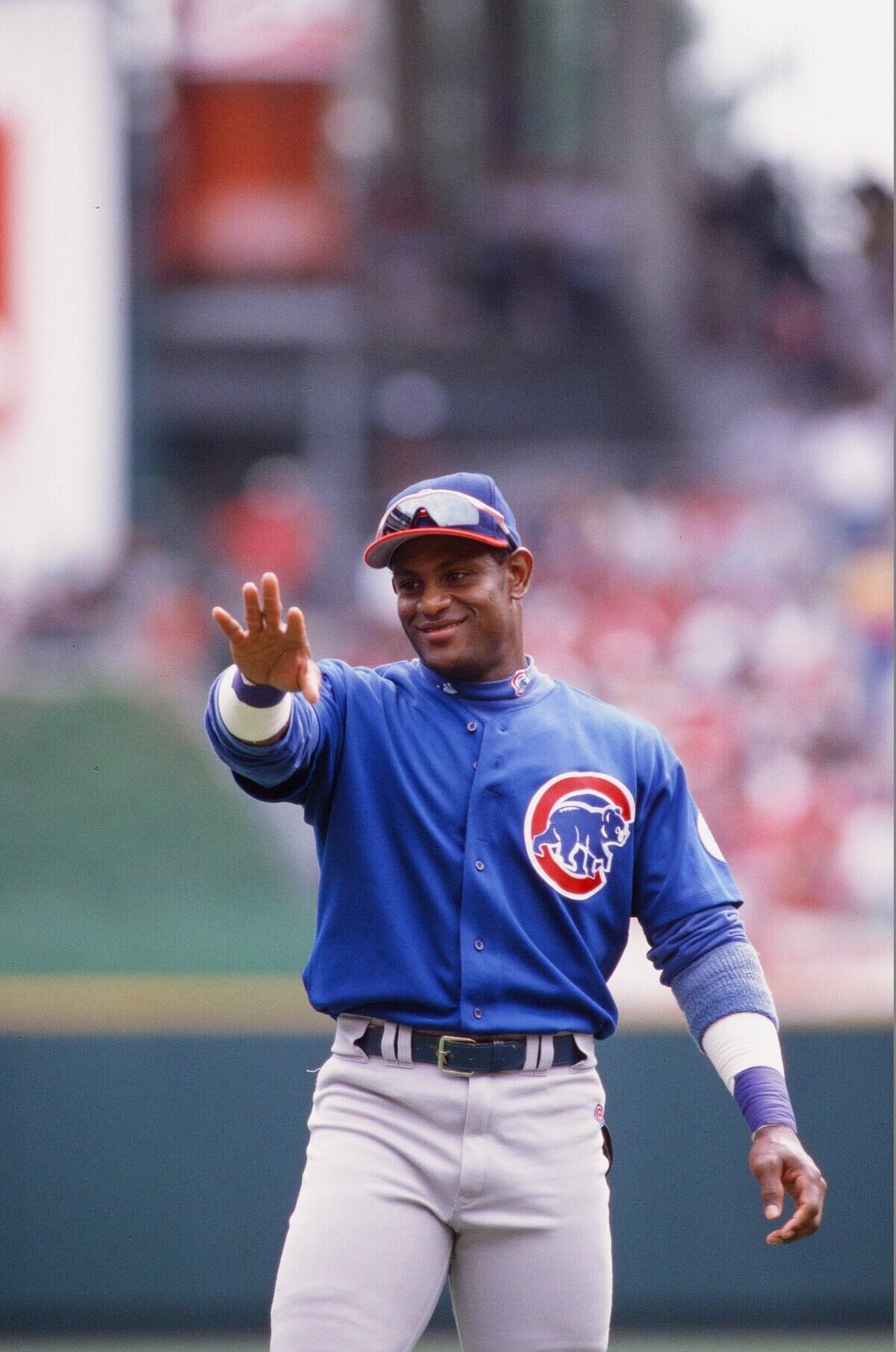
The charismatic Sammy Sosa was an immensely popular player during baseball’s late-’90s revival, with his 1998 home run race against Mark McGwire becoming a memorable chapter in MLB history. But just a few years later, Sosa’s reputation took a hit after allegations of performance-enhancing substance use surfaced.
The likelihood of Sosa using these substances meant that his popularity took a hit, and his image was further damaged in 2003 when he was caught using a corked bat in a game. After his retirement, he became estranged from the Chicago Cubs — the team with whom he’d starred for so many years.
Mark McGwire

The winner of the magical 1998 home run race against Sammy Sosa, Mark McGwire saw his legacy similarly tarnished by similar allegations. The first rumors actually emerged during that 1998 season, and in 2010 — long after his retirement — Big Mac finally admitted to using the substances throughout the ’90s, including in the record-breaking 1998 season.
McGwire’s 2005 congressional testimony, in which he was asked about the allegations and replied, “I’m not here to talk about the past,” became a defining moment of baseball’s steroid era. He was able to salvage his image and return to baseball as a coach, but Hall of Fame induction continues to elude him.
Curt Schilling
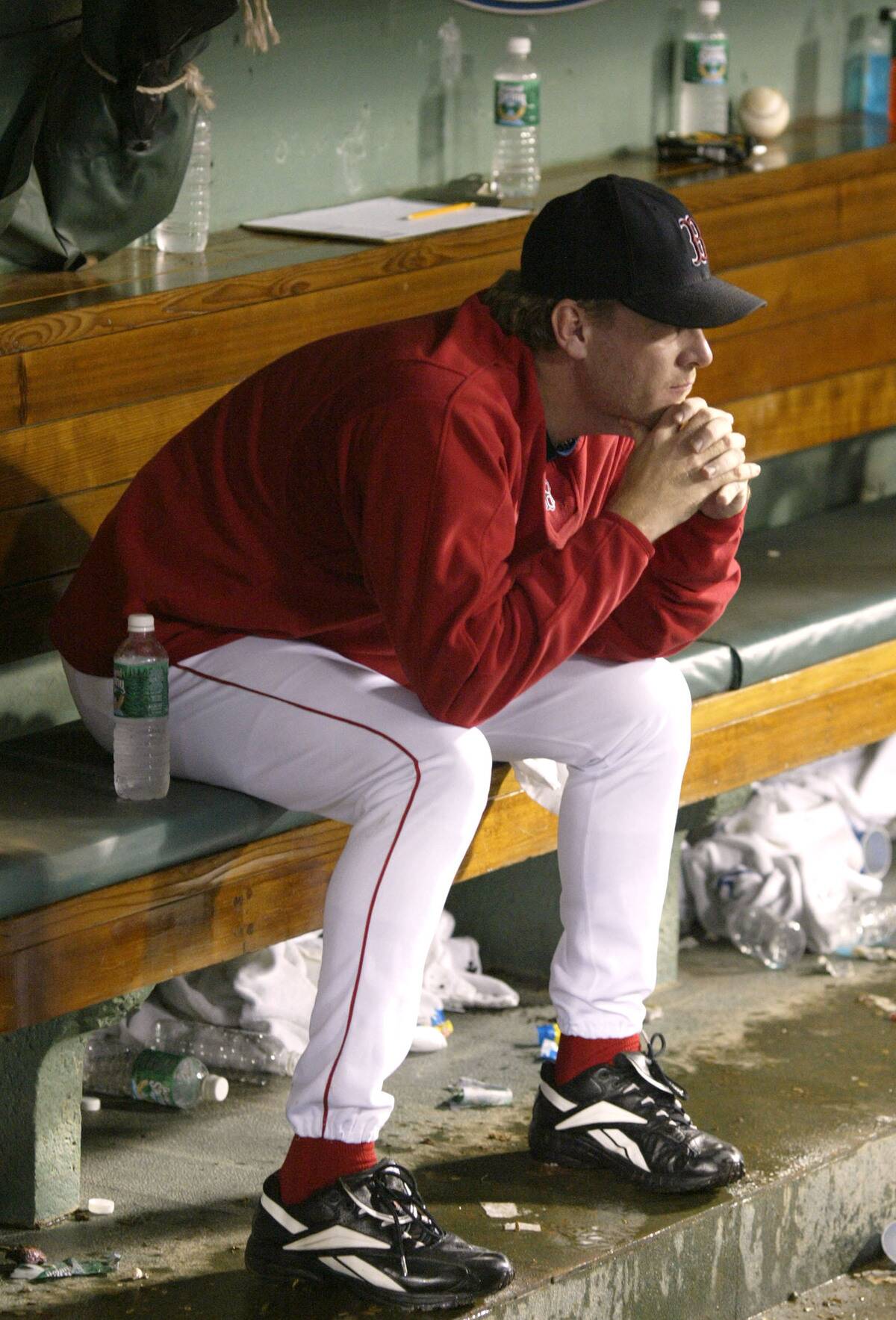
Regarded as one of the toughest and most clutch pitchers of all time, Curt Schilling’s postseason heroics and statistical achievements have long been overshadowed by his inflammatory political and social commentary.
A series of social media controversies prompted ESPN to fire Schilling as an analyst in 2016. While his numbers are likely worthy of the Hall of Fame, voters have so far shut Schilling out of serious consideration because of these concerns over his character.
Manny Ramirez
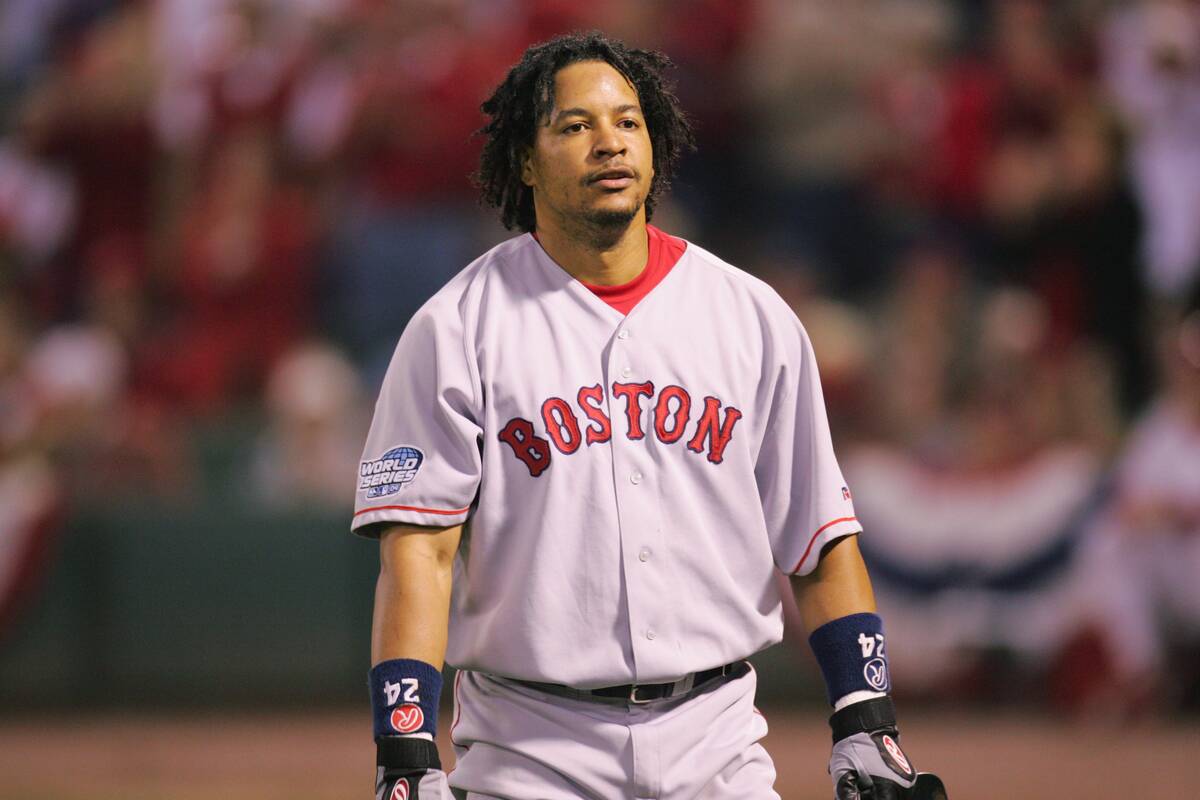
Manny Ramirez became a fan favorite thanks to his flamboyant, unpredictable personality — not to mention his home run hitting heroics. However, he found himself suspended twice during his career for violating MLB’s policy on performance-enhancing substances.
Ramirez is still largely beloved in Boston, where he had some of his best years and helped the Red Sox to their first championship in 86 years — but most other baseball fans have mixed feelings regarding his legacy. Like many others, he’d likely be a lock for the Hall of Fame, but has so far failed to gain traction on the ballot.
Shoeless Joe Jackson
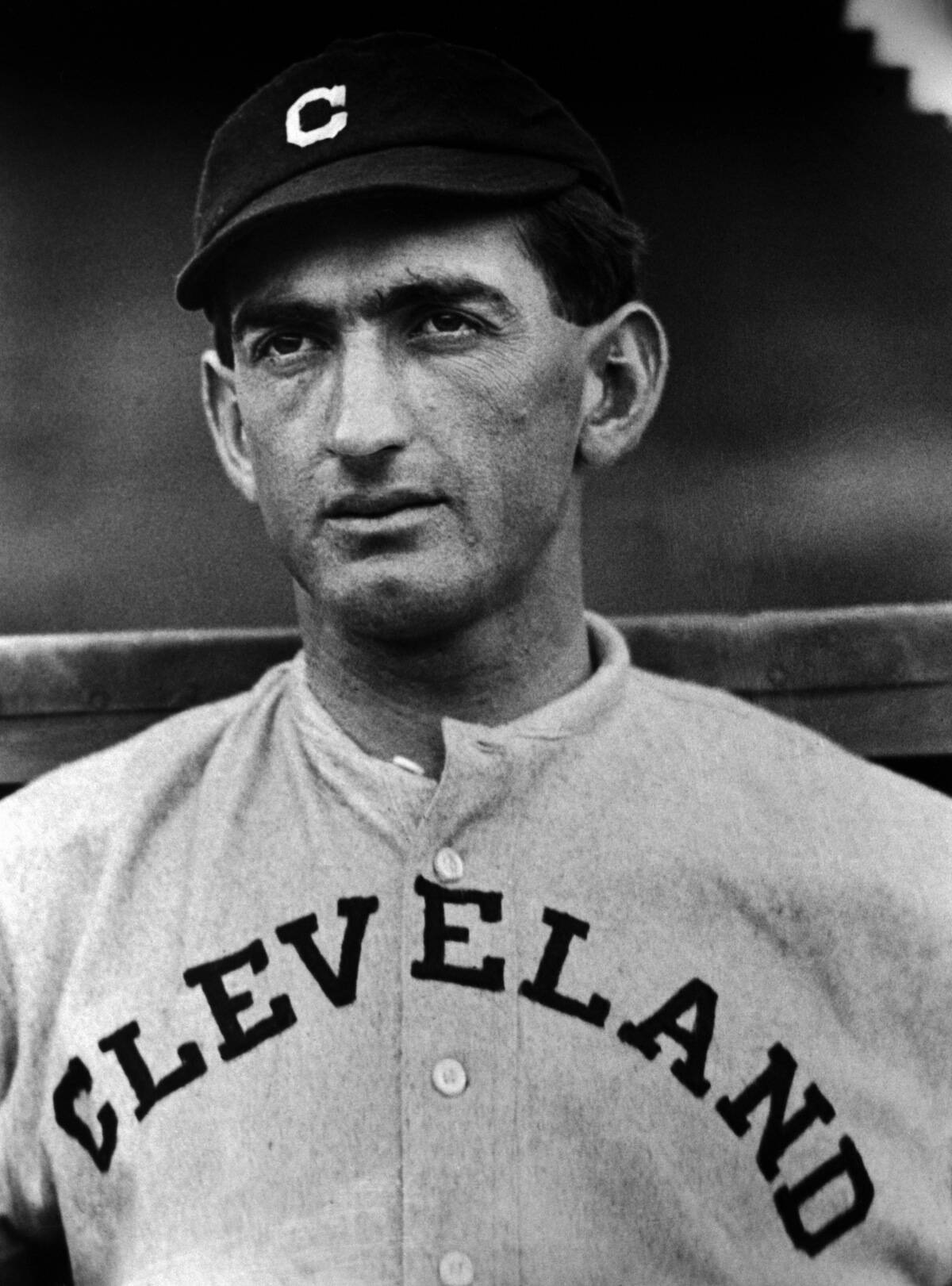
Shoeless Joe Jackson is still remembered as one of baseball’s most tragic and controversial figures. He was one of the best hitters in baseball during the 1910s, but found himself banned from baseball after admitting to taking $5,000 from gamblers to throw the 1919 World Series.
Jackson maintained that he never played poorly or tried to lose — and indeed, he did play well in the Series — but he was still banned from baseball for life. His legacy has been helped somewhat in recent decades thanks to the iconic film Field of Dreams, but he’s still permanently ineligible for Hall of Fame consideration.
Gaylord Perry
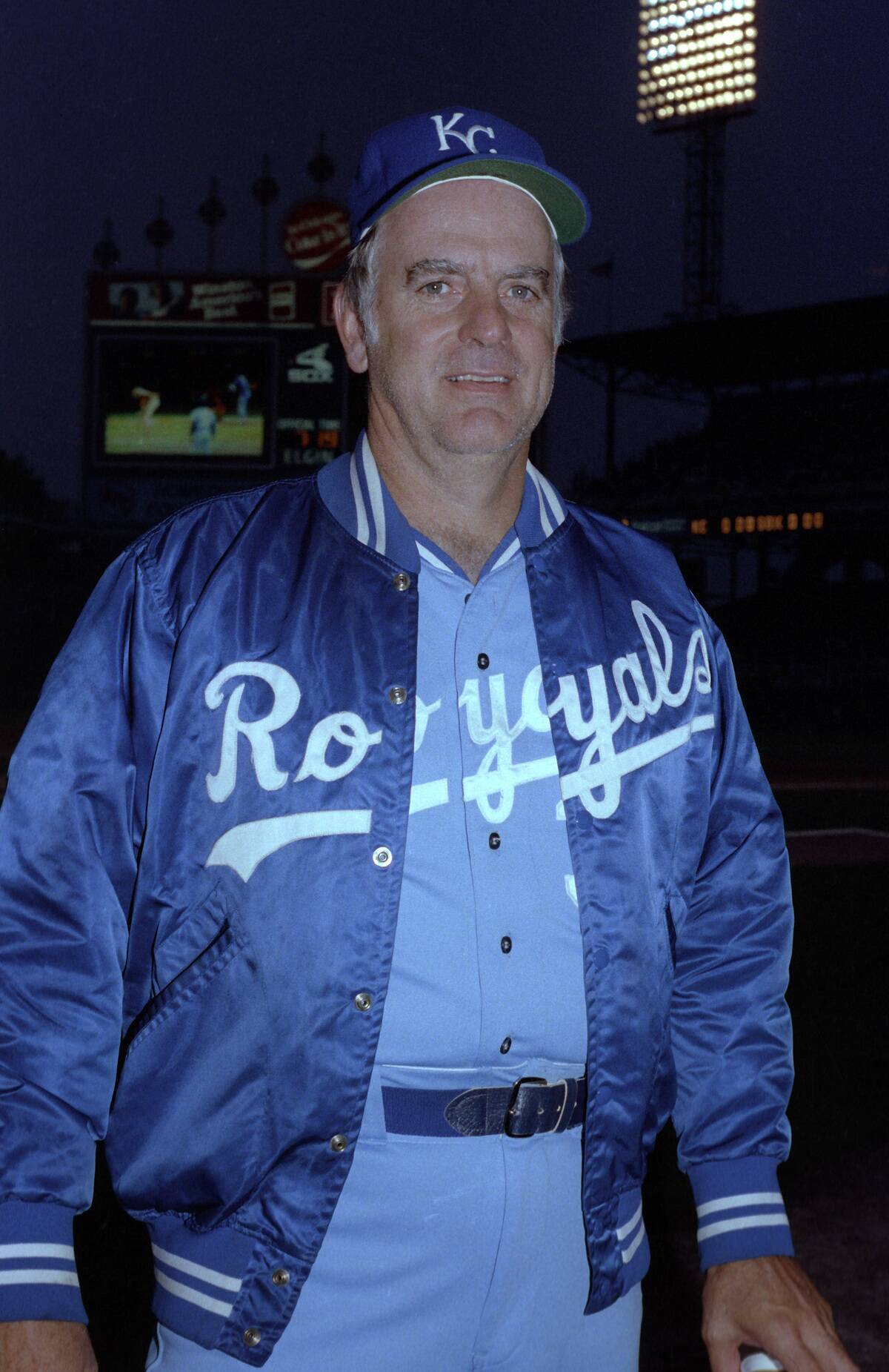
Gaylord Perry had a long career as a journeyman pitcher, winning over 300 games, winning two Cy Young Awards, and gaining induction into the Hall of Fame. The deceptive pitcher used both legal and illegal methods to fool hitters, with opponents constantly accusing him of doctoring the ball to gain an edge.
Perry admitted as much in his 1974 autobiography, and while his methods may have been controversial, they also elevated him into folk hero status. His career is a fascinating example of how gamesmanship and controversy can co-exist.
Trevor Bauer
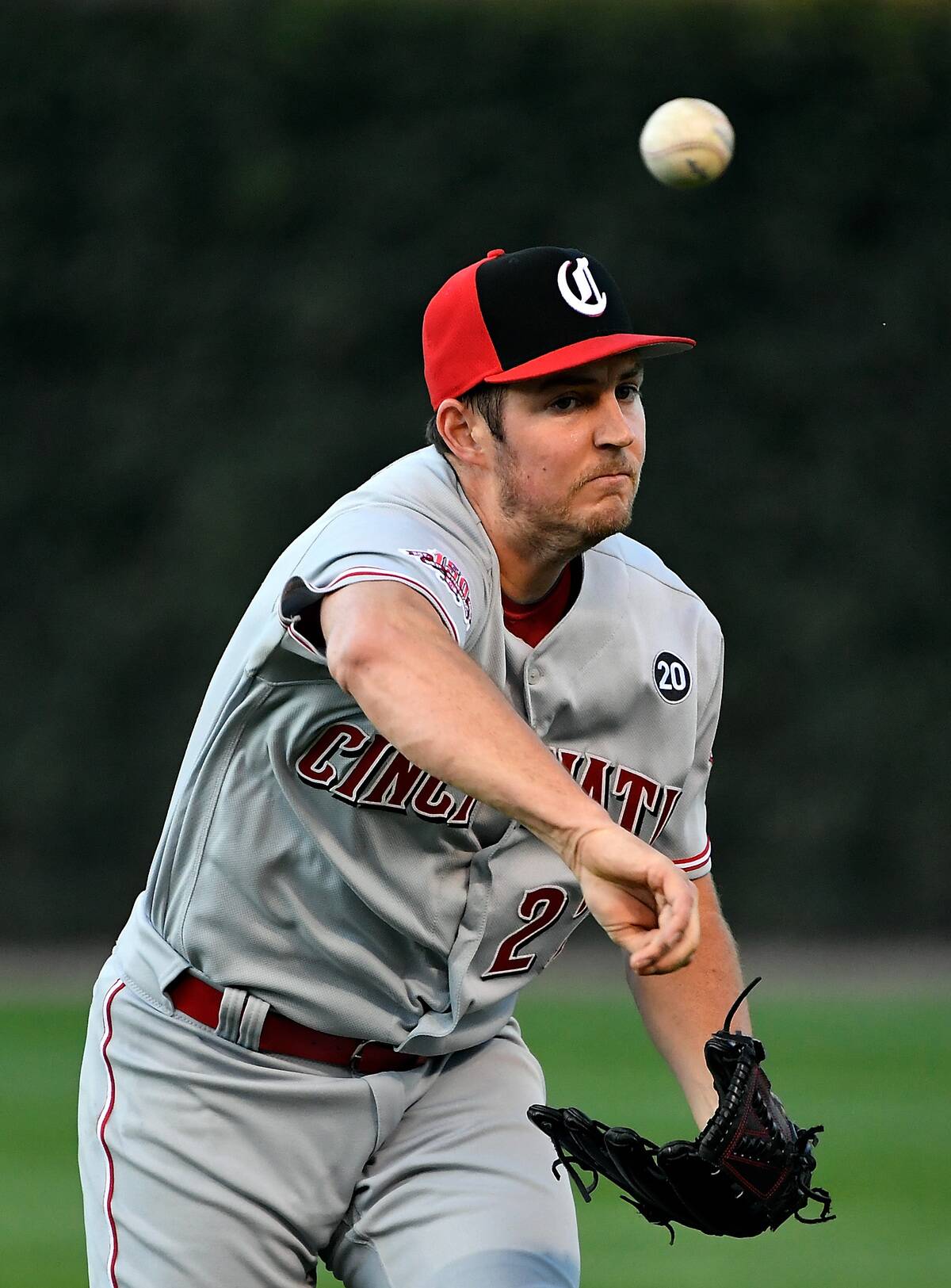
The outspoken Trevor Bauer emerged as one of baseball’s top pitchers of the 2010, but found himself shut out of Major League Baseball after multiple women accused him of intimately assaulting them. MLB conducted an investigation and handed down an unprecedented 324-game suspension, which was later reduced to 194 games.
Although Bauer denied all allegations and was not charged criminally, the suspension effectively ended his MLB career. Rumors that he was never particularly popular in the clubhouse likely contributed to his banishment, and he was forced to pursue a career overseas.
John Rocker
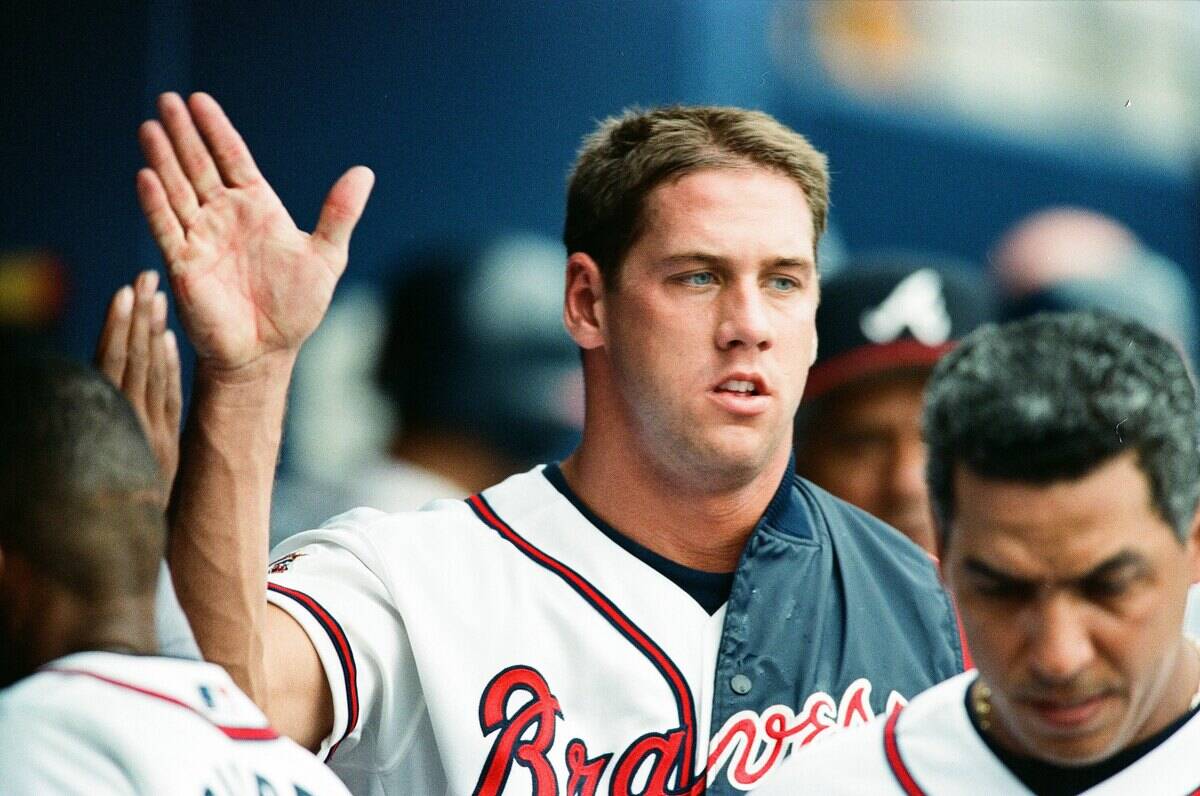
John Rocker’s mercurial career didn’t last long, but the pitcher’s brash comments left a lasting impression. In a wide-ranging 1999 Sports Illustrated interview, Bauer made bigoted remarks, targeting other races, orientations, and New Yorkers in general.
Rocker was suspended and ordered to take part in sensitivity training, but the hit to his reputation was permanent. After retirement, his attempted reinvention as an inflammatory conservative commentator further confirmed what many fans already thought of him.
Albert Belle
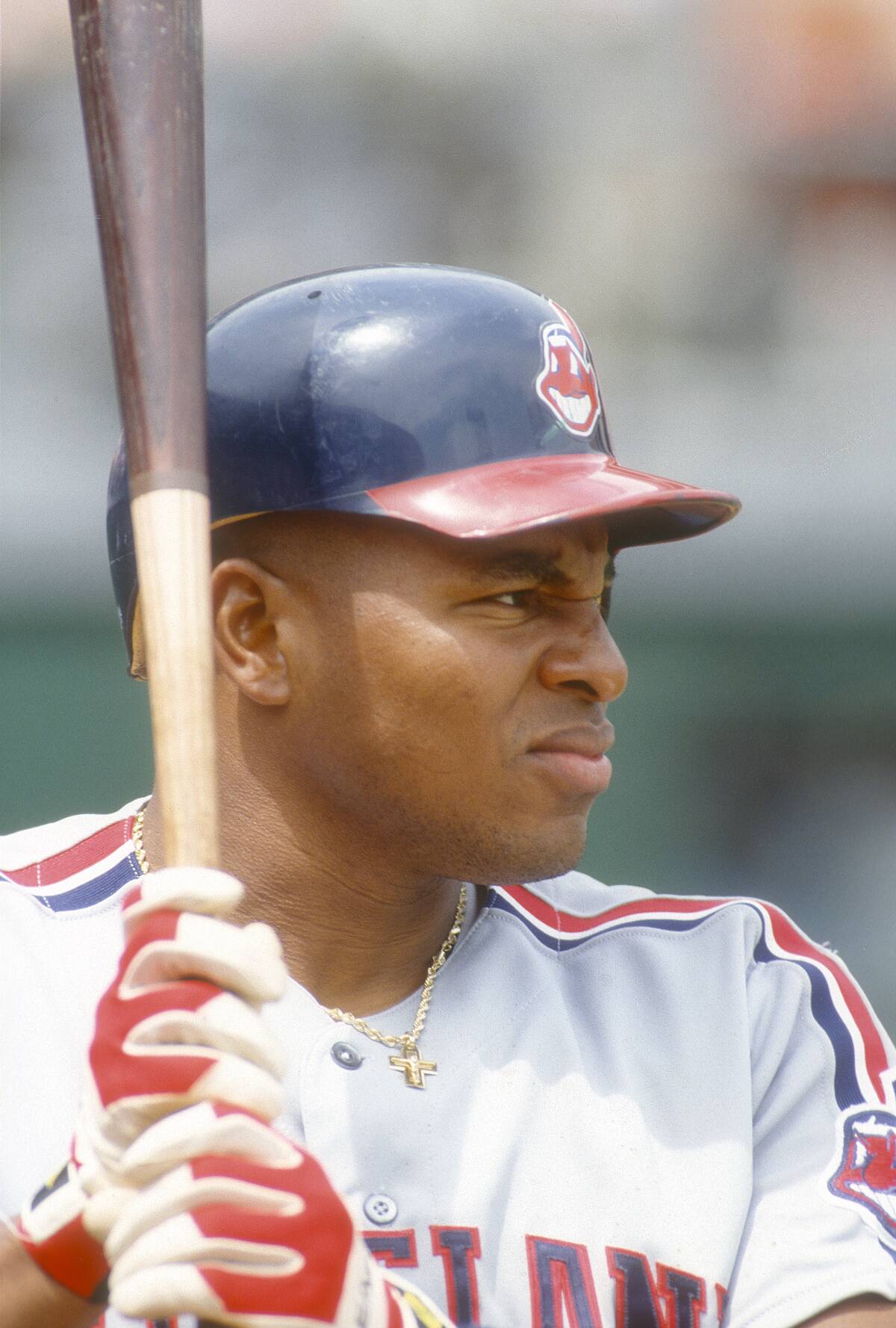
One of the most feared power hitters of the ’90s — a decade known for slugging — Albert Belle was a prickly, volatile presence who frequently clashed with the media, teammates, and even fans.
Belle found himself in hot water for throwing a ball at a fan, corking his bat, and getting into trouble with the law. His relatively short career ensured that he didn’t rack up the numbers to merit Hall of Fame consideration, but with his controversies, it’s doubtful that he ever would have been considered in the first place.



